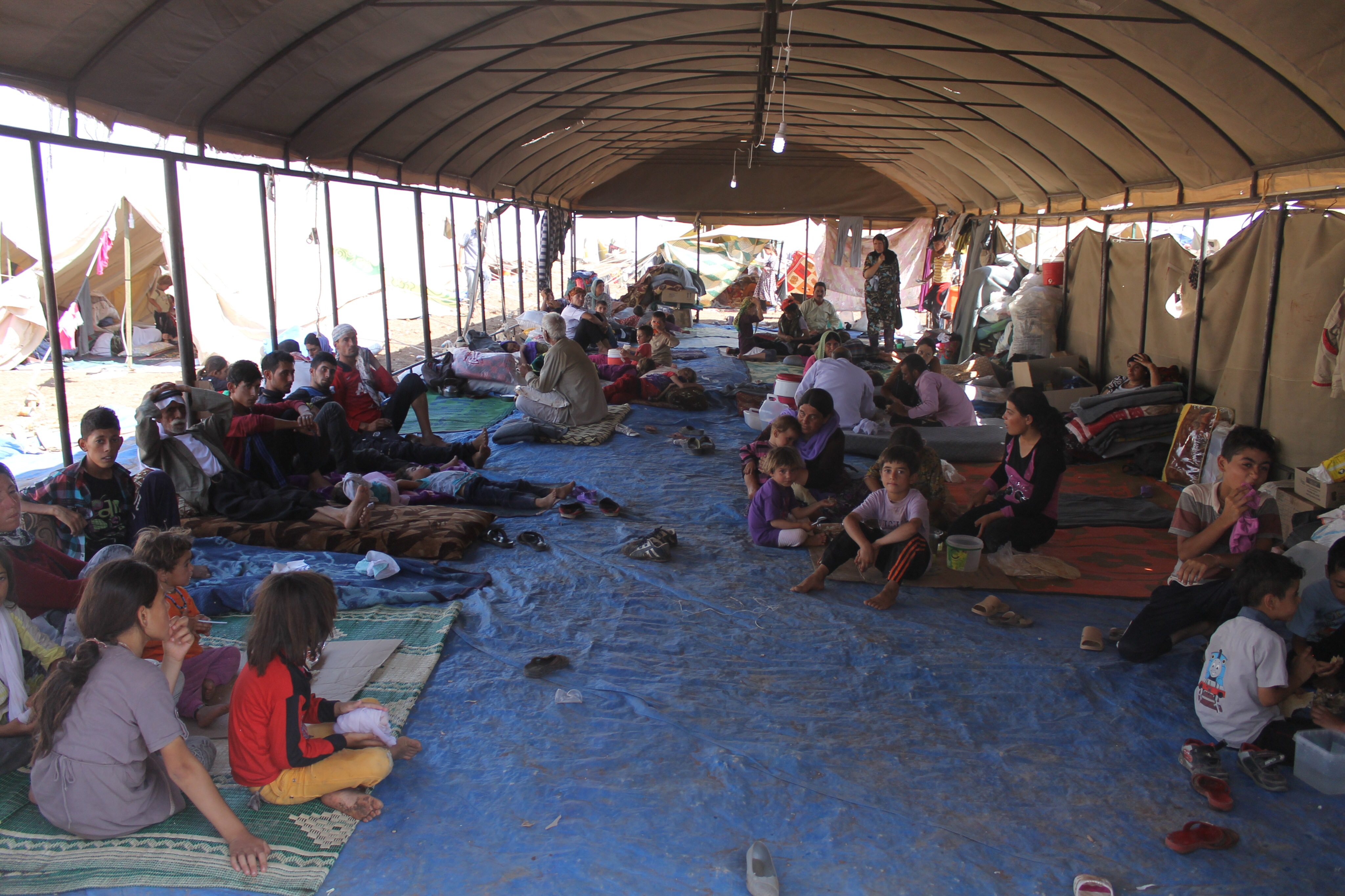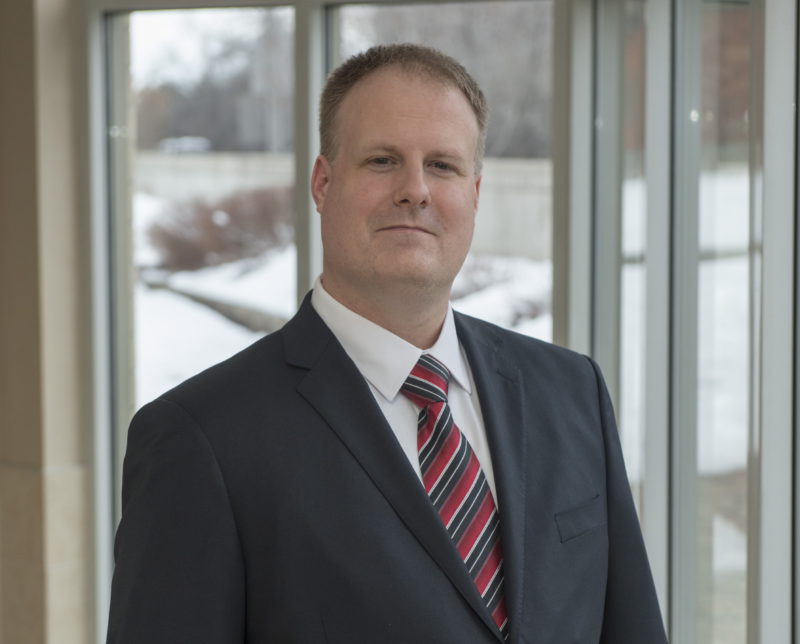“Do not ask for anyone’s advice and do not seek anyone’s verdict. Kill the disbeliever whether he is civilian or military, for they have the same ruling. Both of them are disbelievers.”
The rise of the Islamic State in Iraq and Syria (ISIS) has created one of the most pressing security concerns facing the international community. From its widely publicized beheadings of two American and one British citizens, to the recently released audio recording, which targets Western nations supporting the U.S-led coalition to destroy the terrorist organization, ISIS is challenging the international community.
The voice behind the 42 minute audio recording belongs to Abu Muhammad Al-Adnani, believed by officials to be a Canadian citizen. Throughout the recording, Al-Adnani urges ISIS supporters to kill Canadians, Americans, Australians, French and other Europeans – both civilians and members of the military.
Al-Adnani’s warning to Canadians is thought to be an effort both to deter members of the US-led coalition from continuing their battle against ISIS and to propagate the message of Islamist extremism. Al-Adnani refers to members of the coalition, Canada included, as “disbelievers,” and encourages followers to kill all non-believers, in any manner they see fit. Addressing the West, Al-Adnani states: “you will not feel secure even in your bedrooms.”
Canadians have since turned to social media in response to the threat. While many have expressed outrage and anger, others argue that despite growing conflict taking place within Syria and Iraq, they continue to feel very safe in their bedrooms. Calgary MP Michelle Rempel turned to Twitter to weigh in on the threat, tweeting, “I’m feeling pretty secure right now – because of hard won freedoms”.
Prime Minister Stephen Harper released a statement in response to the audio recording, stating: “ISIS represents a threat not just to the stability in the Middle East, but to global security.” Harper further noted that since ISIS is also a threat to the global community, appropriate action must be taken in order to provide proper humanitarian and military aid to both Iraqi civilians as well as Iraqi security forces facing the wrath of ISIS’ “barbarous rampage.”
The first step taken by Canada in its battle against ISIS, has been to revoke passports belonging to those traveling to the Middle East with the intent of collaborating with ISIS or any other terror groups. Chris Alexander, Canada’s Citizenship and Immigration Minister, acknowledged that many passports belonging to Canadian citizens traveling to Iraq or Syria have since been revoked in an effort to limit the opportunity for them to recruit fellow Canadians to ISIS, or to engage in a homegrown terrorist attack. When asked how many passports have been seized, Alexander would not provide a definite answer, due to privacy laws surrounding Canada’s Passport Order.
There is still a long fight ahead if the West expects to significantly weaken ISIS, and it may take more than the revocation of a few passports before the terrorist group is dismantled. As noted by US President Barak Obama, “this is not America’s fight alone.” Canada too will have to make its commitment to destroy ISIS clear, meaning that its military involvement in Iraq and Syria could be more intense in the upcoming months.




